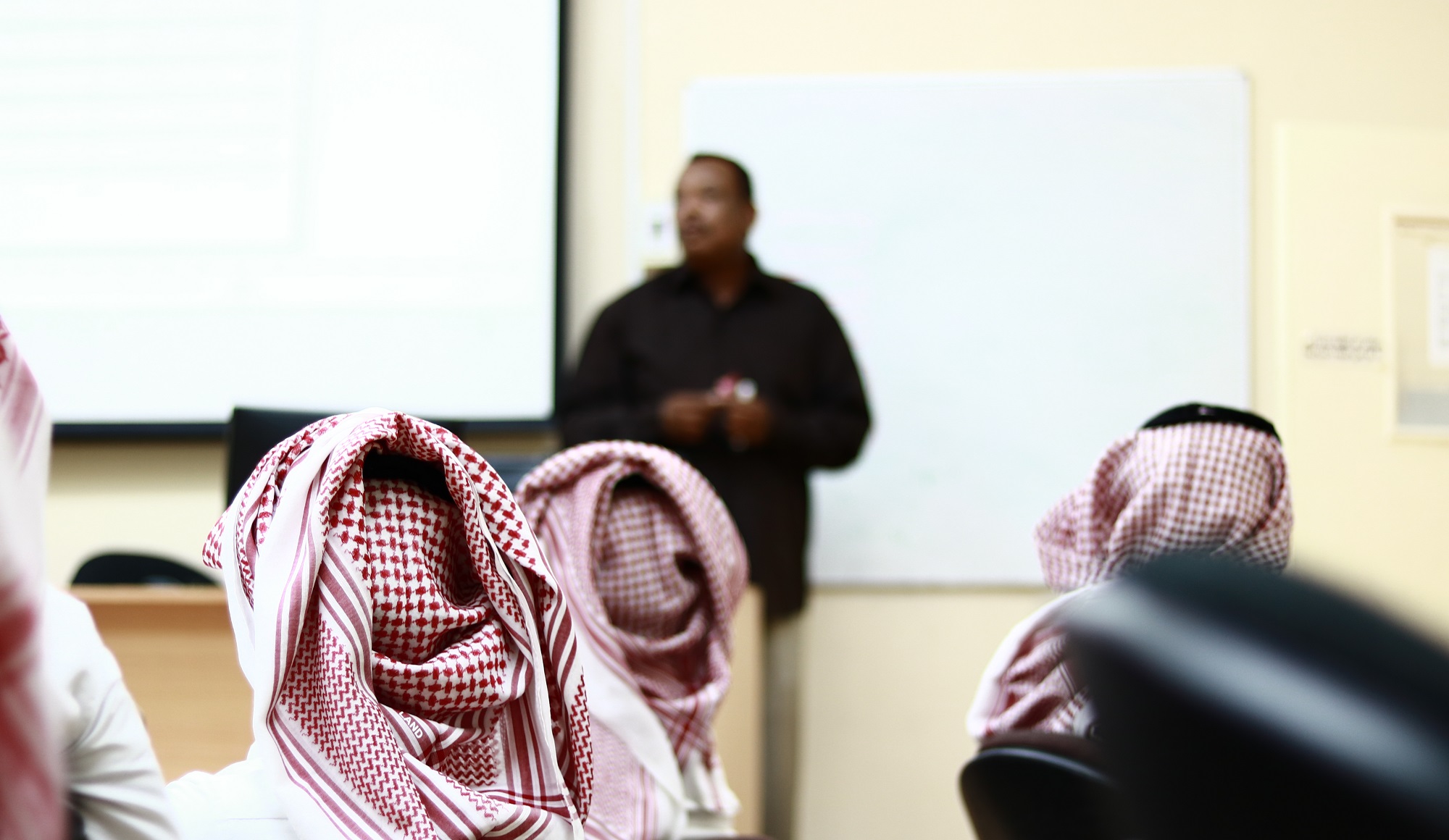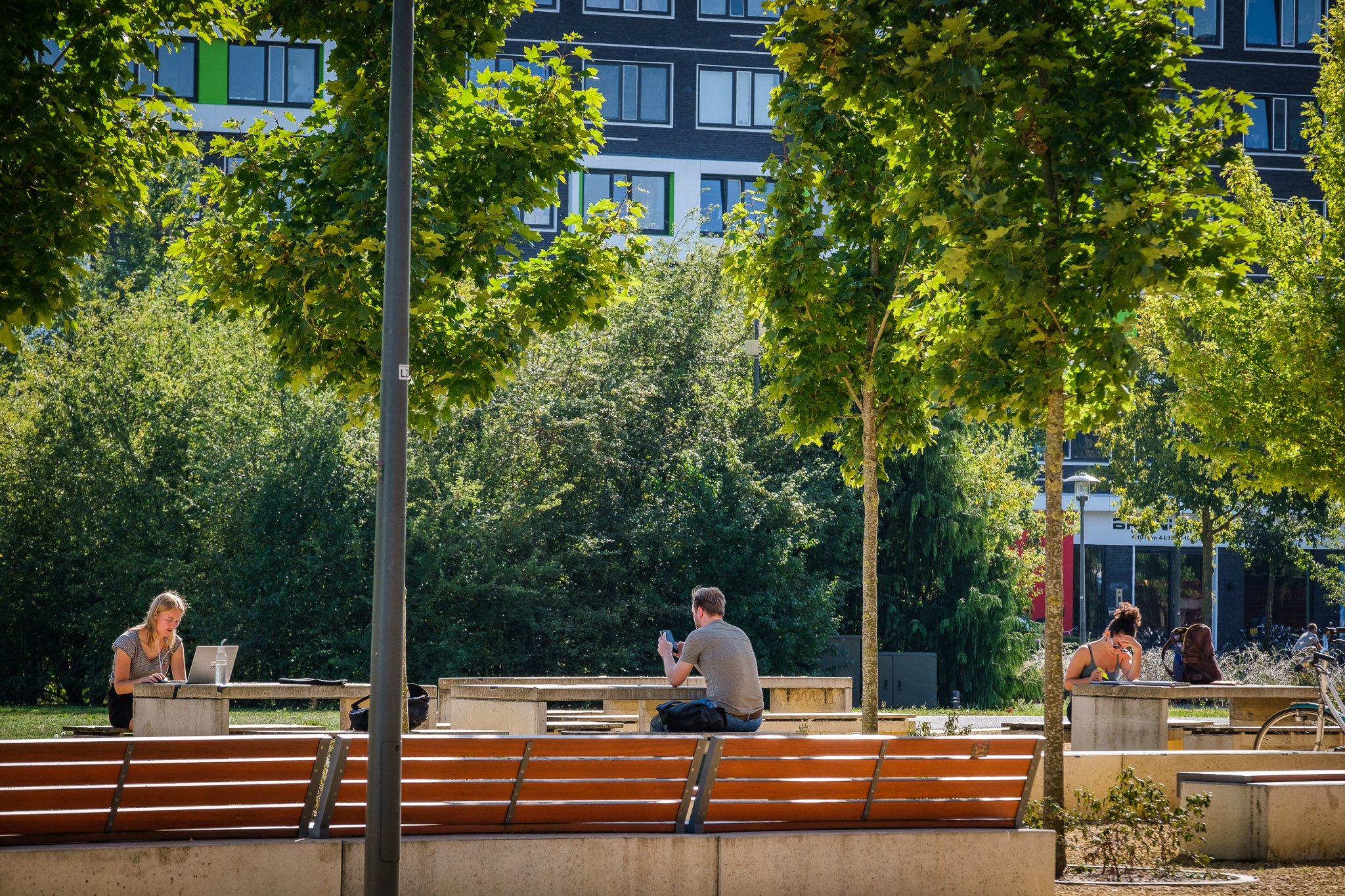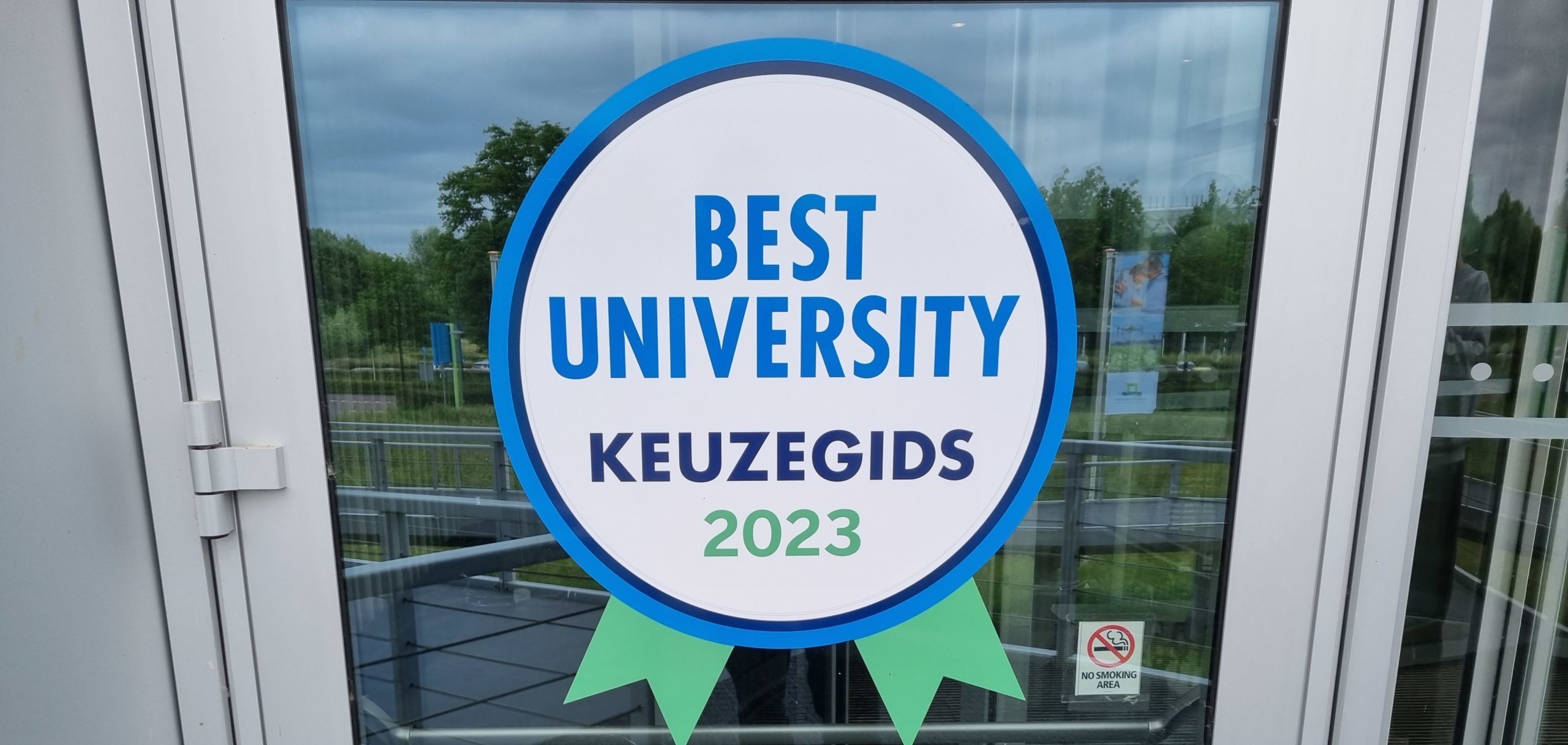The Saudi universities King Saud University (KSU) and King Abdulaziz University (KAU) offer top scientists large amounts of money in return for giving the Saudi university as their main employer. Wageningen professors are among those approached. One of them, Vincenzo Fogliano (Food Technology), took the bait. The Executive Board has started an investigation.
‘Buying’ such an affiliation benefits the university as it gives the university status and improves its position in the annual rankings. A lot of money is involved in these transactions. At King Saud University, academics get 70,000 dollars a year for the affiliation.
‘Buying a reputation’
The Saudis have been indulging in this practice for years. Professor Jan Willem van Groenigen (Soil Biology) got an email in 2019 inviting him to take part in the Distinguished Fellowship Program of King Saud University. That would involve an annual salary of 70,000 dollars plus 50,000 dollars for two visits a year and a bit of research. According to Van Groenigen, that research would not have amounted to much.
I find it quite unacceptable and scandalous. They are buying a reputation
Professor Jan Willem van Groenigen (Soil Biology)
The condition was that he would have to give the Saudi university as his main employer on the Highly Cited Researchers website, so as to increase the university’s visibility. Van Groenigen did not take up the offer. ‘I find it quite unacceptable and scandalous. They are just buying a reputation. It also really harms the university you actually work for as only the first affiliation counts in the ranking systems.’
The affair made the news after an article appeared in the Spanish newspaper El Pais a couple of weeks ago. Last Saturday, Dutch newspaper De Volkskrant discussed the question at length following a report by consultancy firm SIRIS/Academic. The newspaper revealed the name of WUR scientist Fogliano, who admits he had such a contract with KSU from 2008 to 2020.
Explaining
Fogliano says the fee went to WUR, not to him personally. On intranet, WUR reports that the issue is being investigated. Rector Arthur Mol does not wish to comment while the investigation is ongoing. ‘But if it turns out colleagues have indeed changed their primary affiliation, we denounce such actions.’
Professor of Organic Chemistry Han Zuilhof was affiliated with King Abdulaziz University in Jeddah from 2011 to 2022. But he says that did not involve one of these lucrative contracts. ‘I ended up there via one of my postdocs who went to work there. They have unique equipment for doing research at the nano scale. And that appealed to me.’
‘I was never asked to change my affiliation,’ says Zuilhof. ‘They did sometimes ask at the end of the year what articles had resulted from the collaboration, and KAU is given as the affiliation for those articles.’ Zuilhof ended the collaboration because of the decreasing opportunities for research. ‘I think it’s fine these collaborations are being investigated. You always need to be able to explain what you are doing.’

 Photo Shutterstock/Stanislau Palaukou
Photo Shutterstock/Stanislau Palaukou 

